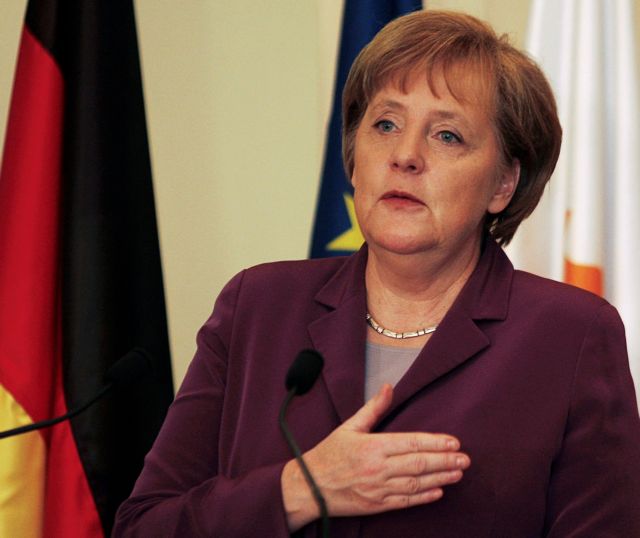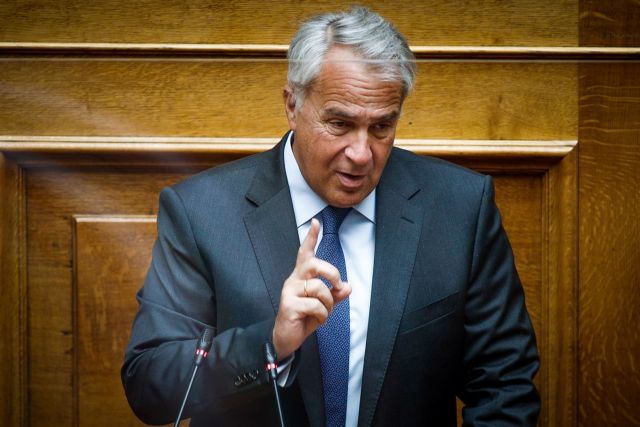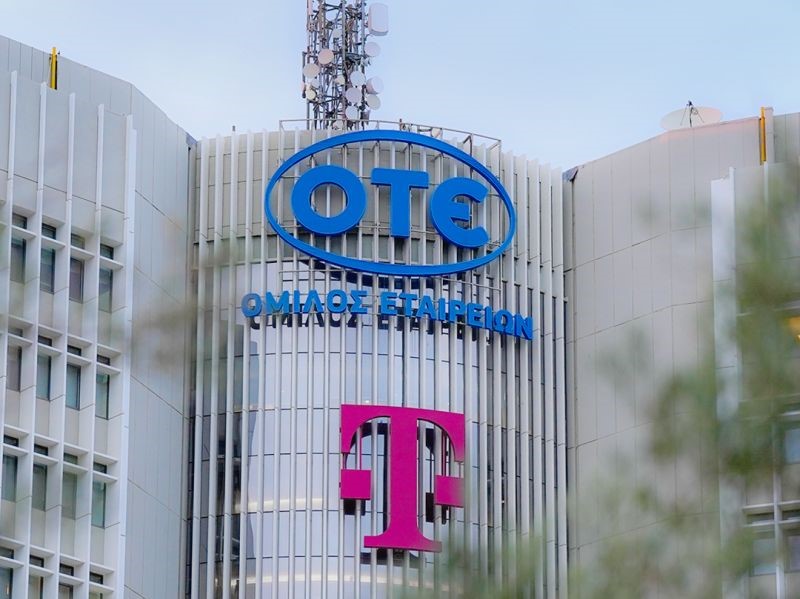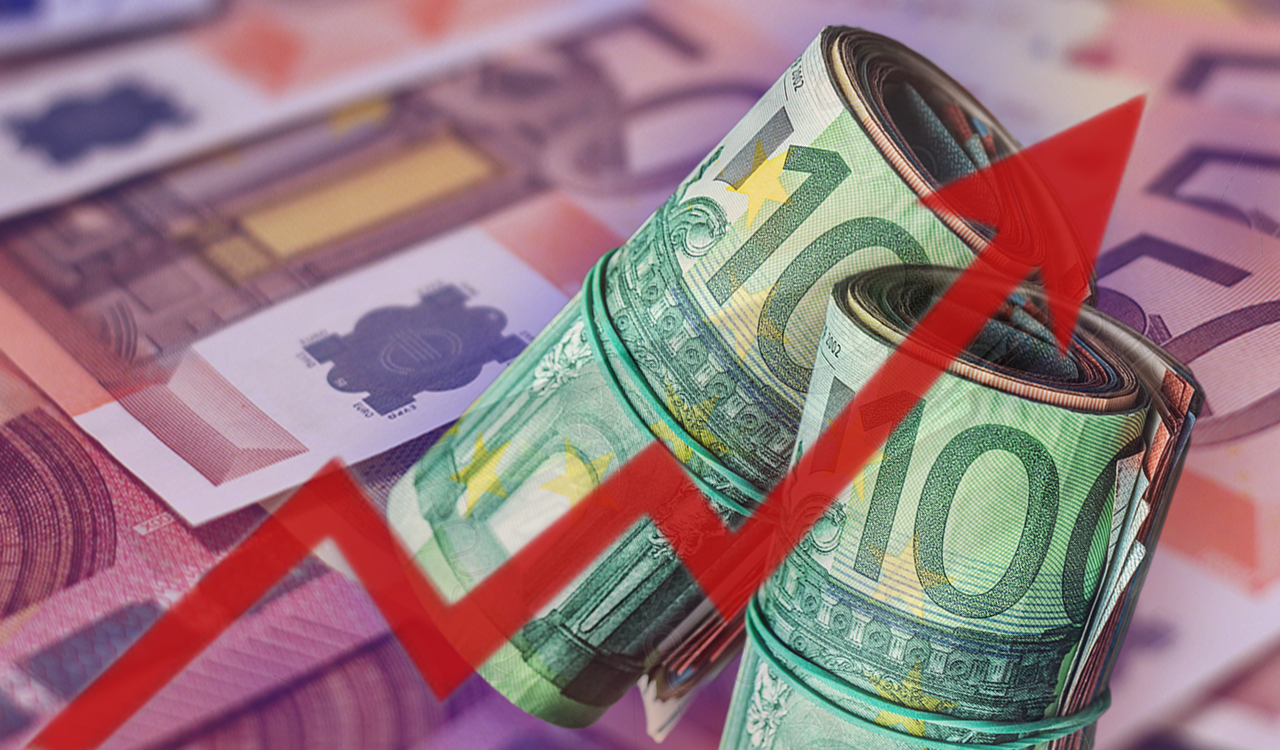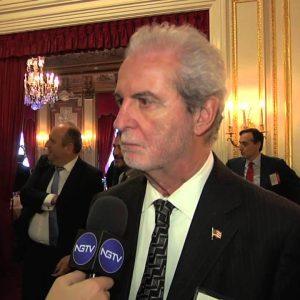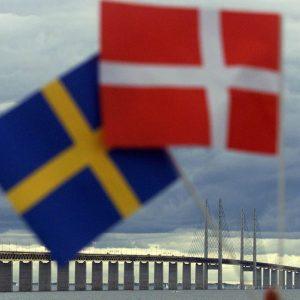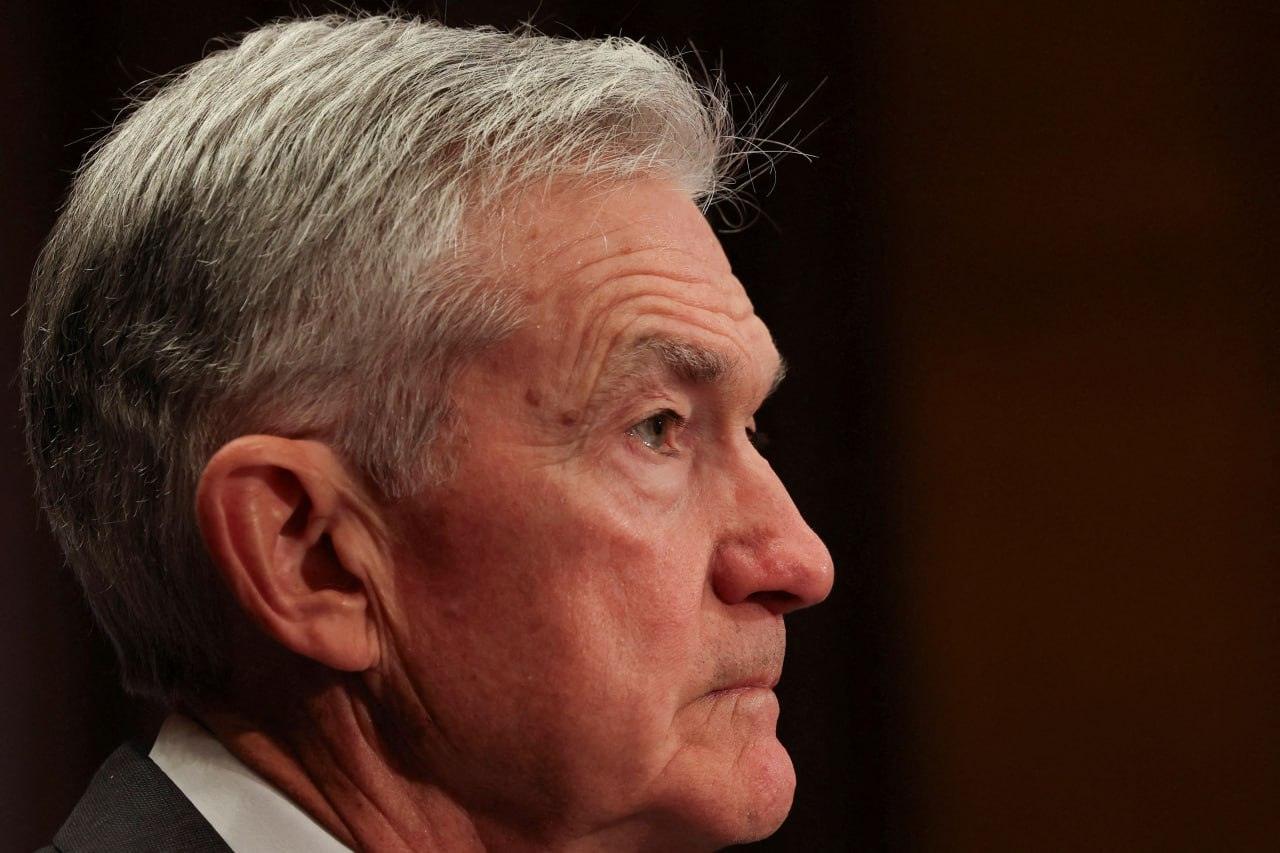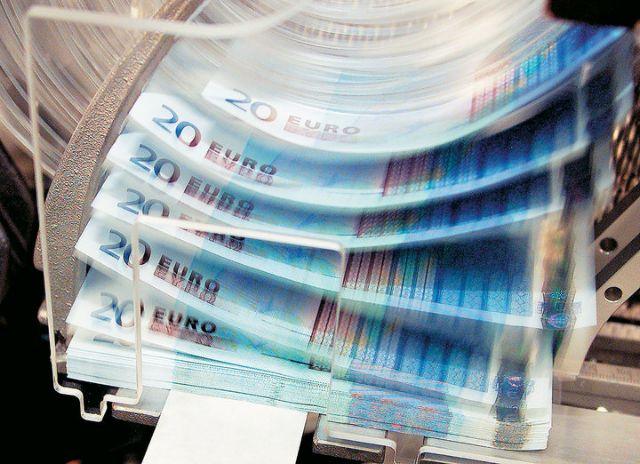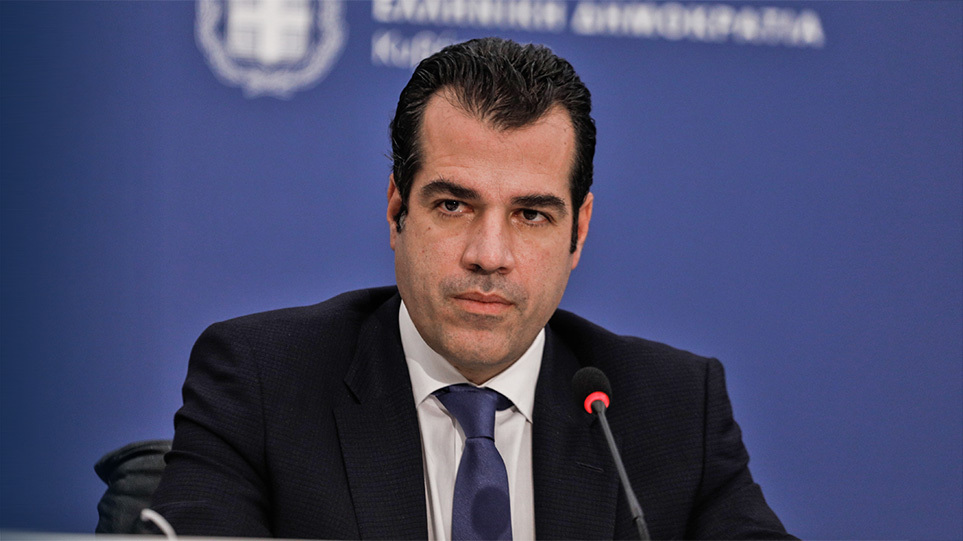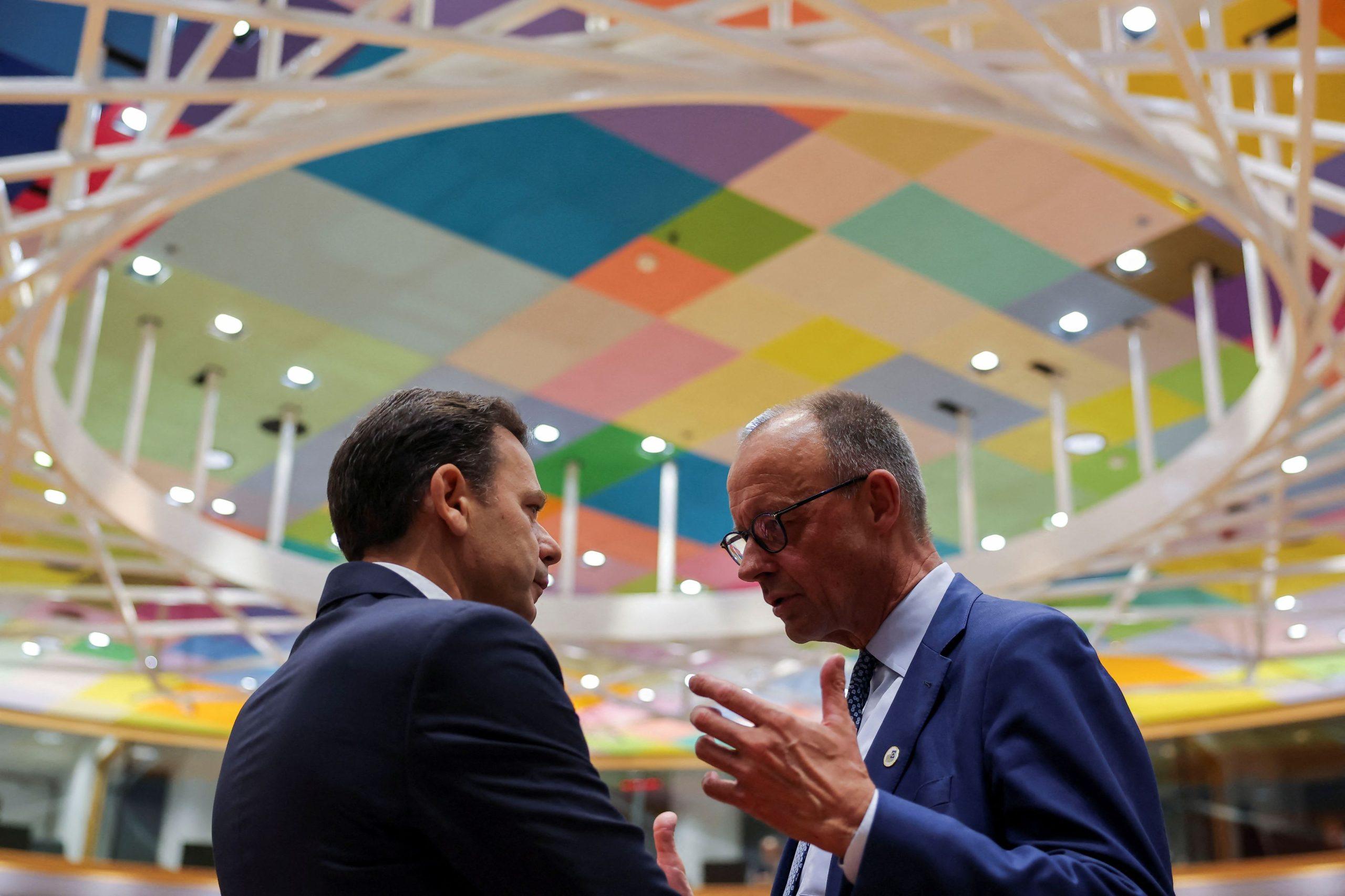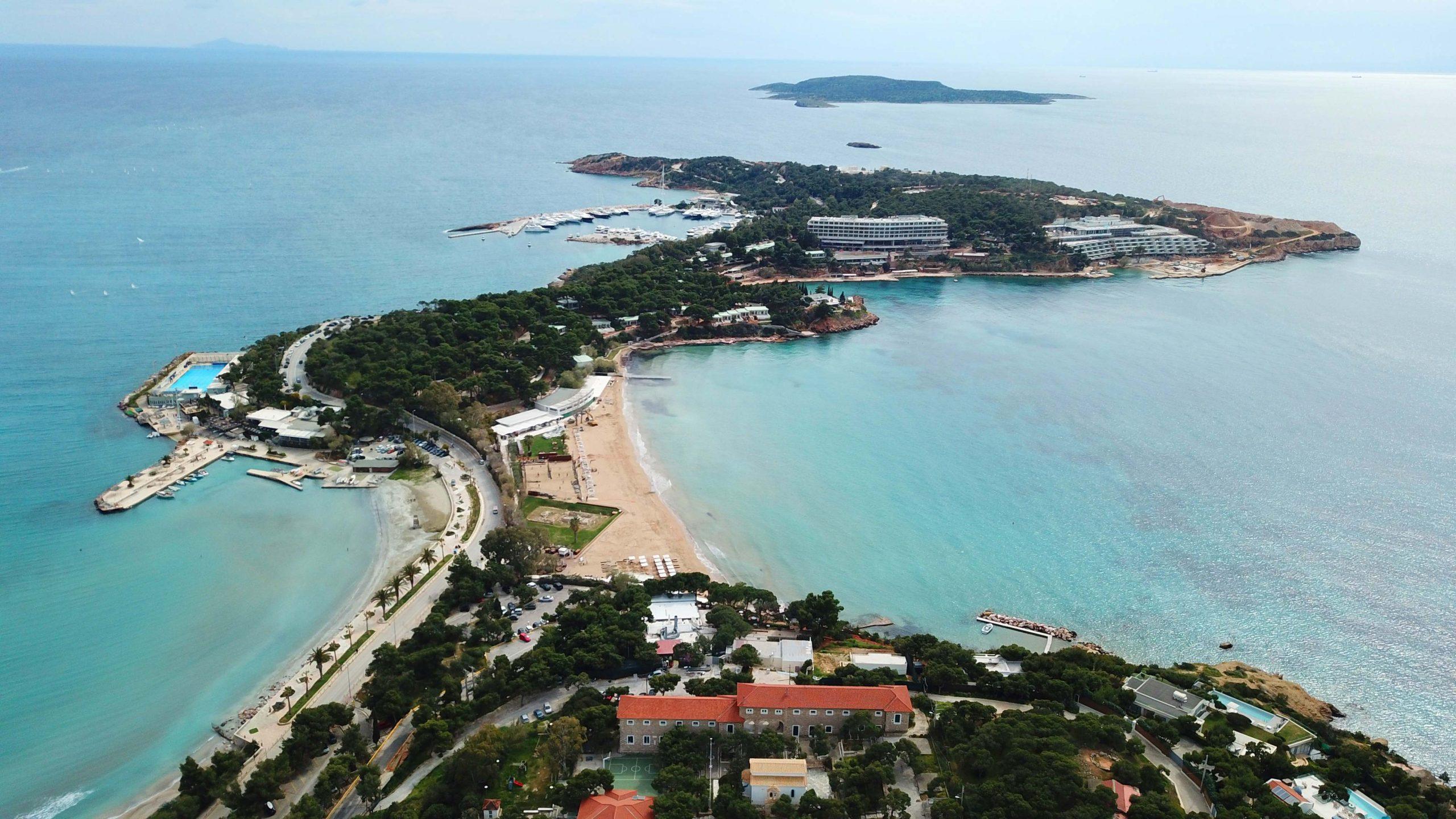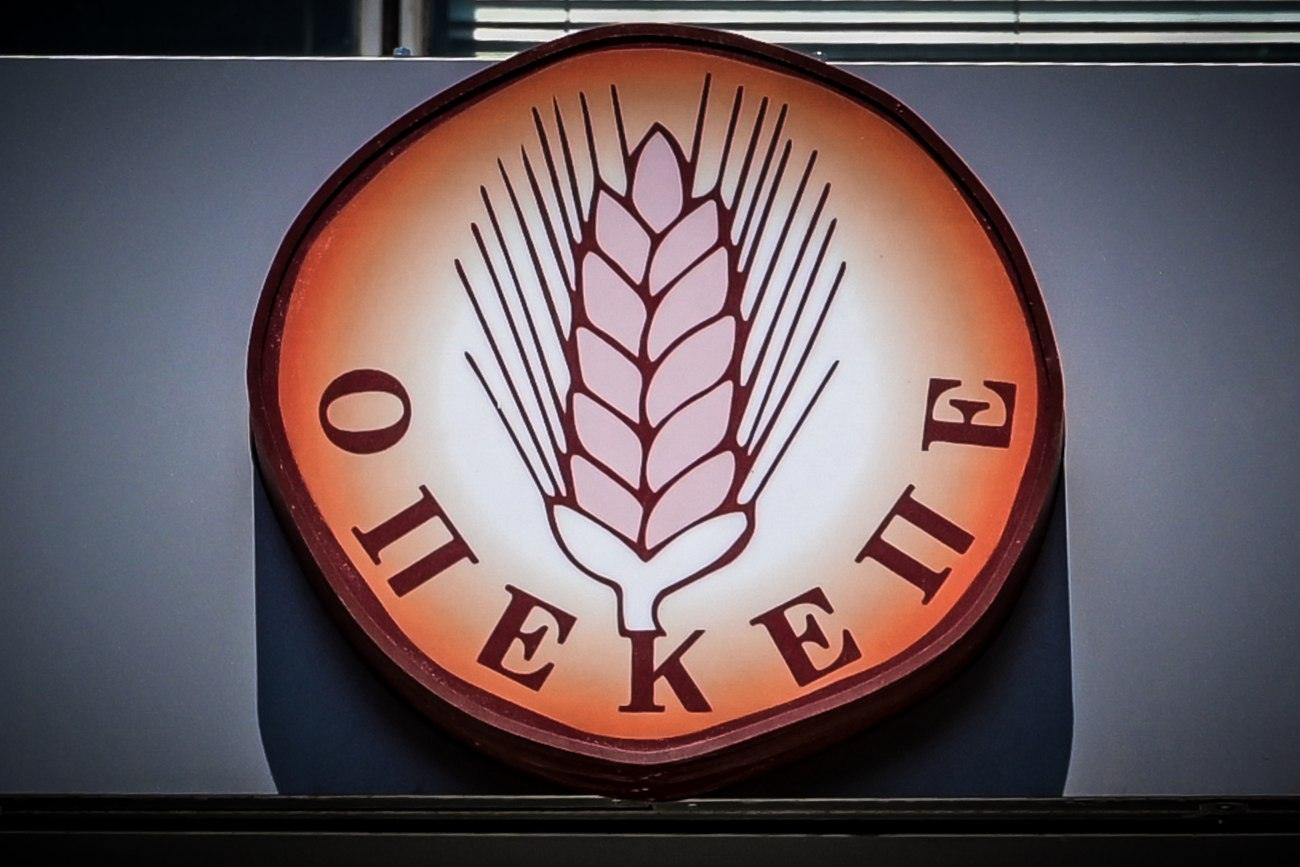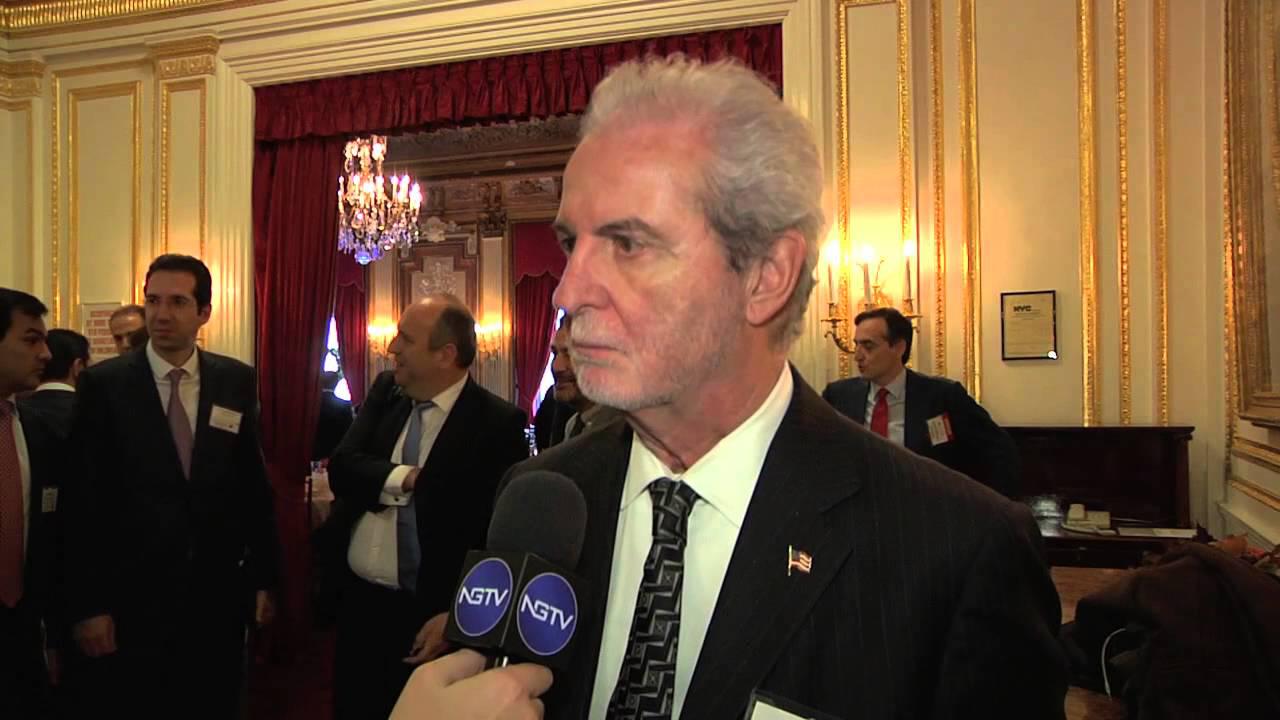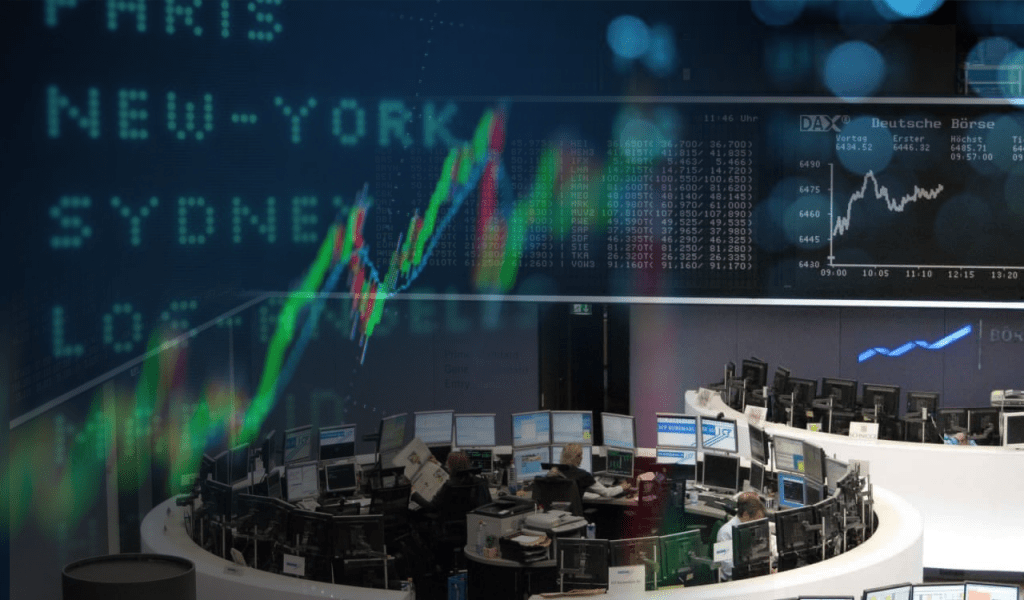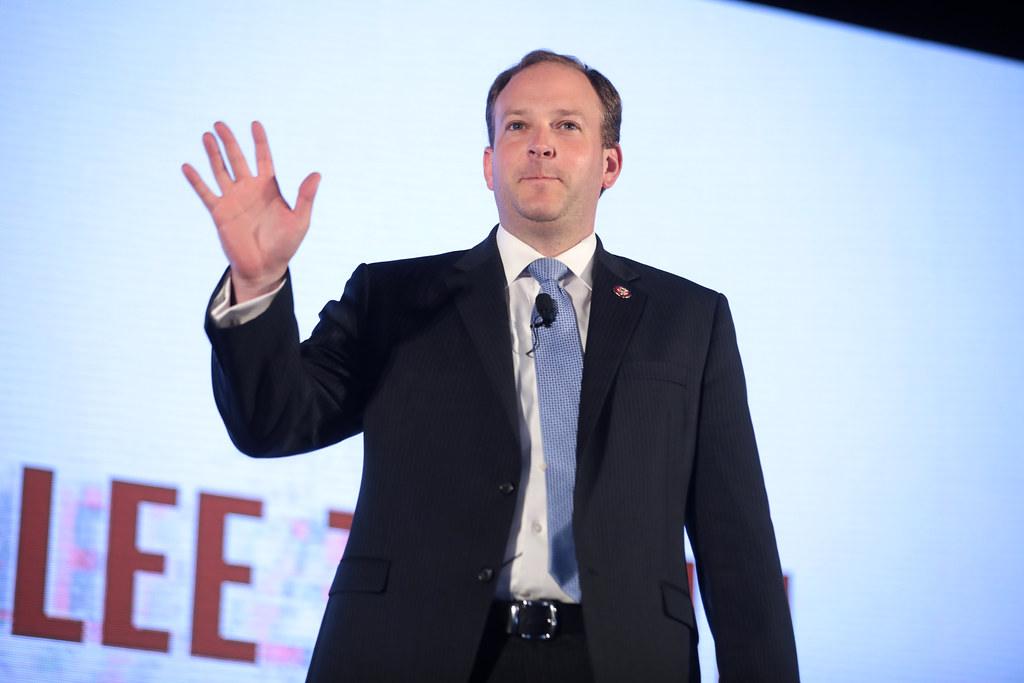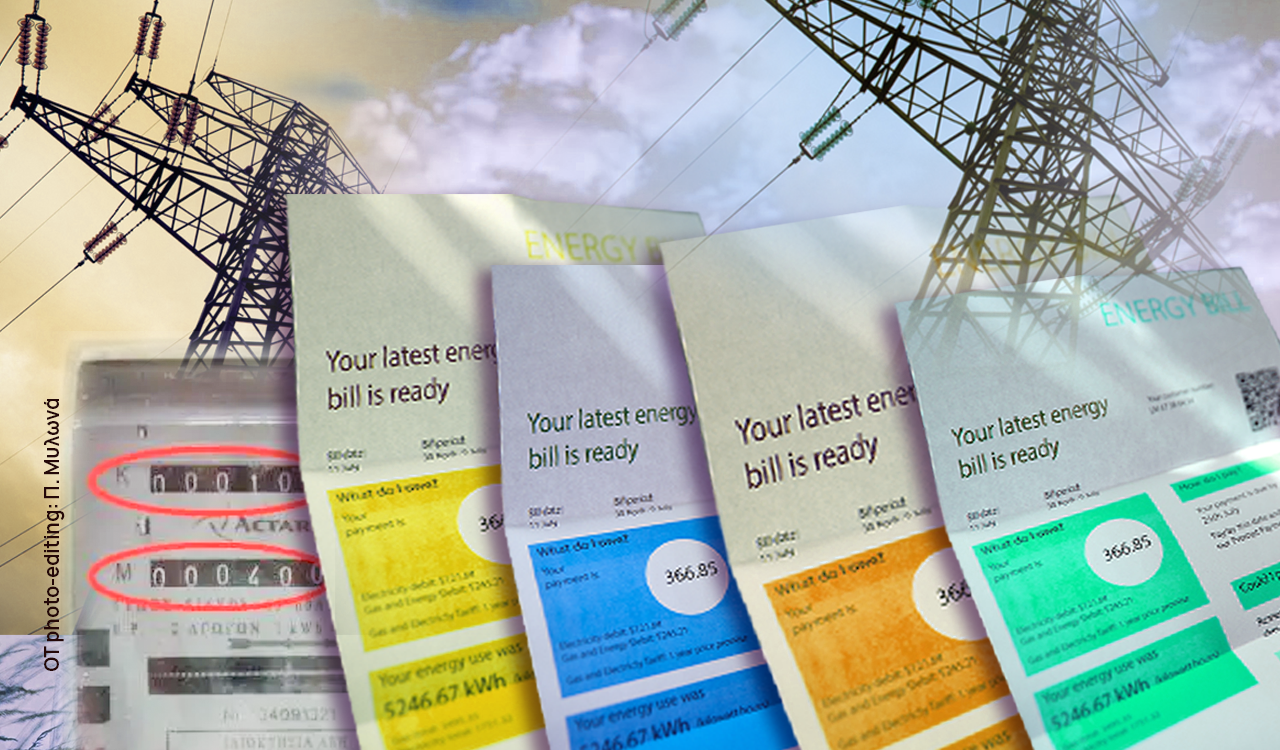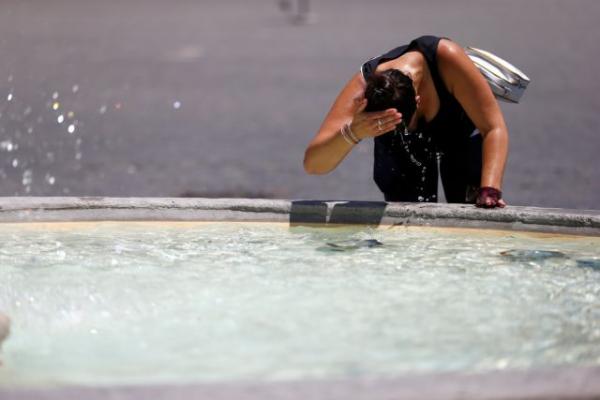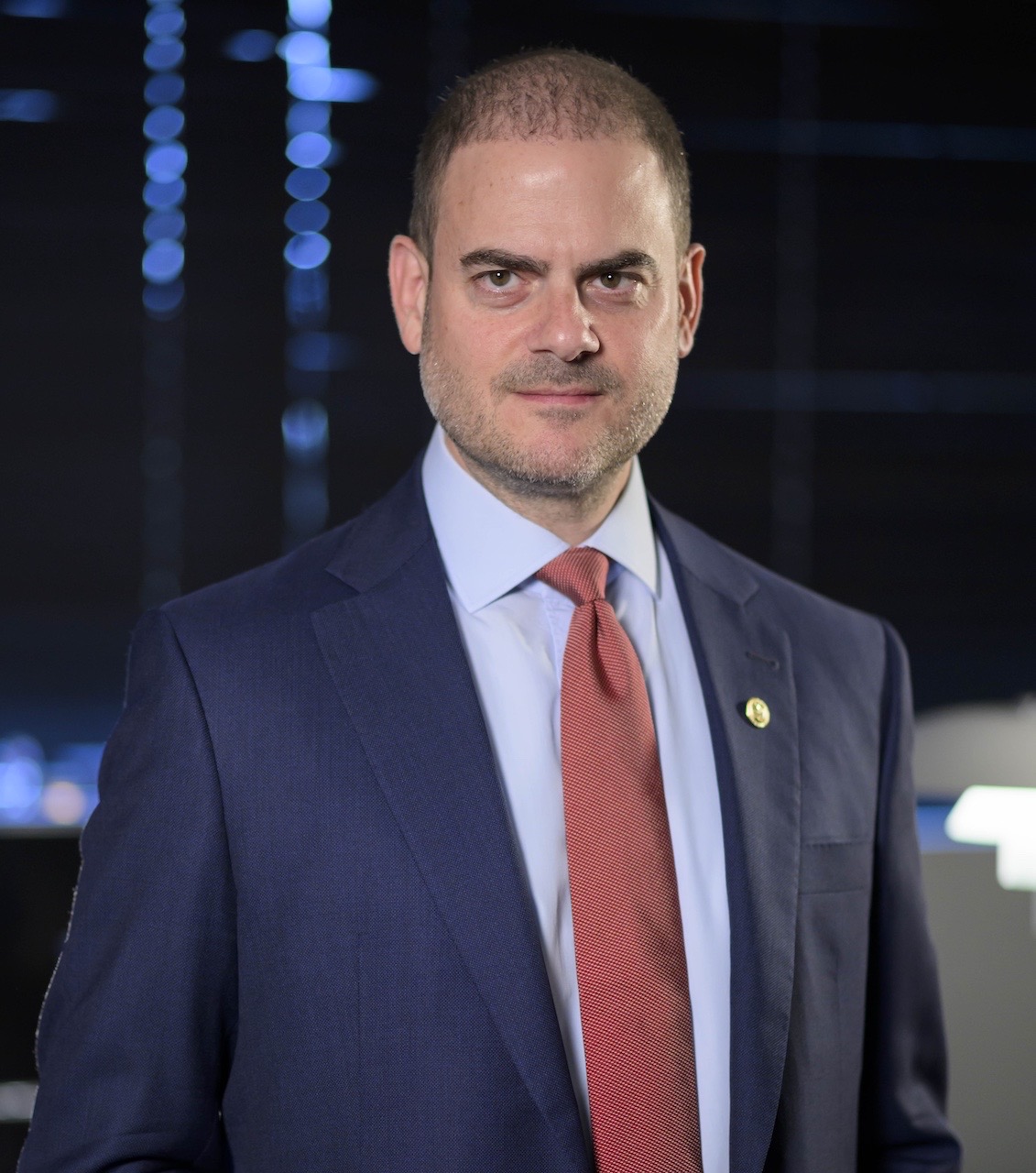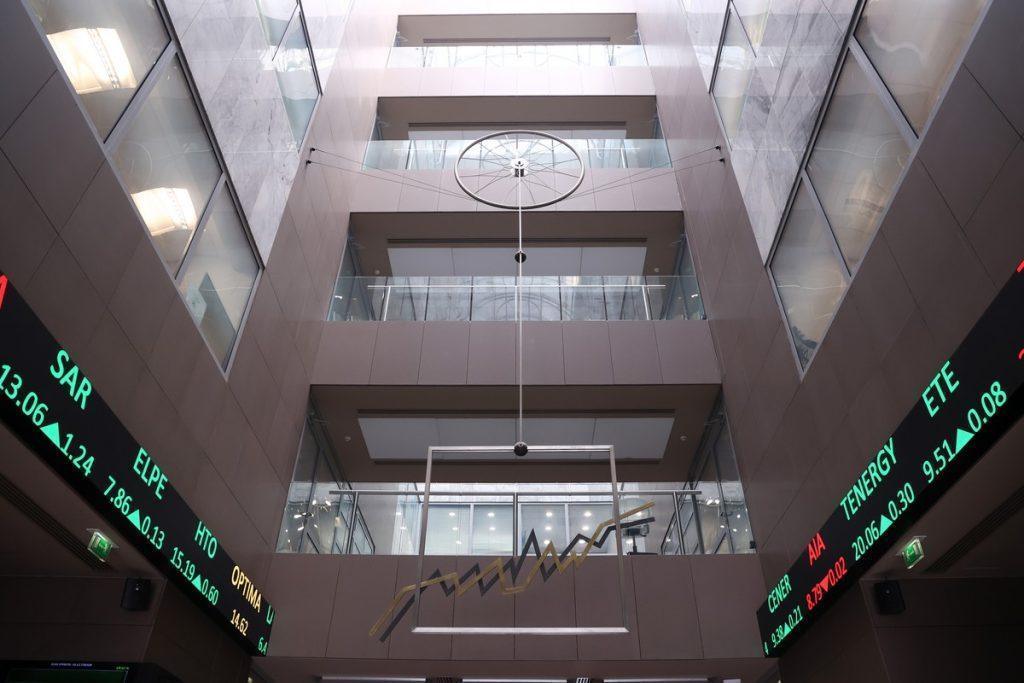Journalist and publisher Stefan Hebel has been following Angela Merkel’s career since its inception – her work has at times received harsh criticism not only in his articles but also in his books. In an article in the Frankfurter Rundschau, he attempts a flashback to the “myths” that frame her career, with references to Greece as well. Regarding the characterization of “convinced European”, and asking the question “for which Europe is the current chancellor so convinced? As is often the case with Angela Merkel, there are two answers to this question.”
According to the journalist, one answer comes from the conservative side and claims that this chancellor harmed, if not considered to have betrayed, German interests, while the “aid programs” for Greece and other countries that “have not done their homework” “was a waste of money”. The second answer seems to be closer to the truth: “Loans, which have been wrongly labeled as ‘aid’, bond purchases and common lending in case of emergency: These are all repairs made in the midst of despair. They serve to maintain a Union that is more like an arena of competition between nation states than a community of solidarity – and especially for the benefit of Germany.”
He added: “Germany, with its strong export economy and strong currency, already had good prospects for the start of the euro. It has now become even easier to sell “Made in Germany” all over Europe. Countries such as Spain and Greece, however, lost their strongest weapon in the face of an excessive number of imports: the devaluation of their currencies, which made the import of high-quality goods even more expensive, facilitated their own exports, thus improving the trade balance. They now buy German products in euros and often on credit. Germany created irregular export surpluses, which were fueled by the deficits of others – and then blamed others for their debts. Certainly there have been serious political mistakes in Greece, as elsewhere. But the structural inadequacy lies precisely in the system from which Germany has benefited for so long.”
Hebel also jokingly referred to the chancellor’s refugee policy: “Today the rules for asylum seekers are stricter than ever. The principle still prevails today that people who manage to cross the Mediterranean must live in the miserable Greek refugee structures. Today, Turkish authoritarian leader Recep Tayyip Erdogan is raising billions to keep refugees away from the EU. Angela Merkel once said a nice phrase, which could have become the motto of this project [the refugee issue]: “We will succeed”. But in the end it did not stand up to its own proposal.”
The tones are rising in the run-up to the elections
Handelsblatt, referring to the third and final debate before the polls open, likens Germany to a boat in a stormy sea: “What a time when Angela Merkel could still do politics with the box office full. Tempi passati. Seven years later, the candidate chancellors must tell the world the truth: The Federal Republic is like a boat in the wild ocean, with two huge ships coming at it. One reads “USA” in capital letters and the other “China”. However, the boat is not only faced with the rising waves, but it must be careful not to fall on the huge ships, which with their huge propellers shake the sea even more “.
Pre-election “will” and promises
The Süddeutsche Zeitung comments on the latest debate of the German candidates in an article, asking the question: What can politicians really promise in the run-up to the elections – and when should they be limited to statements of intent? Taking into account the statement of Olaf Solz about the increase of the minimum wage, it comments:
“One of the prejudices in relation to politics is that one promises a lot in the run-up to the elections, but then does not fulfill these promises. And that was absolutely and always wrong, but in part it is because people forget: Programmatic reasoning – and therefore often includes expressions such as “we want” – can only be a statement of intent. And so it remains, at least as long as the party that declares these intentions does not achieve an absolute majority and therefore must compromise with the intentions of other parties-partners of a coalition. It’s like all other things in life: One has to be mindful of what one promises.”
